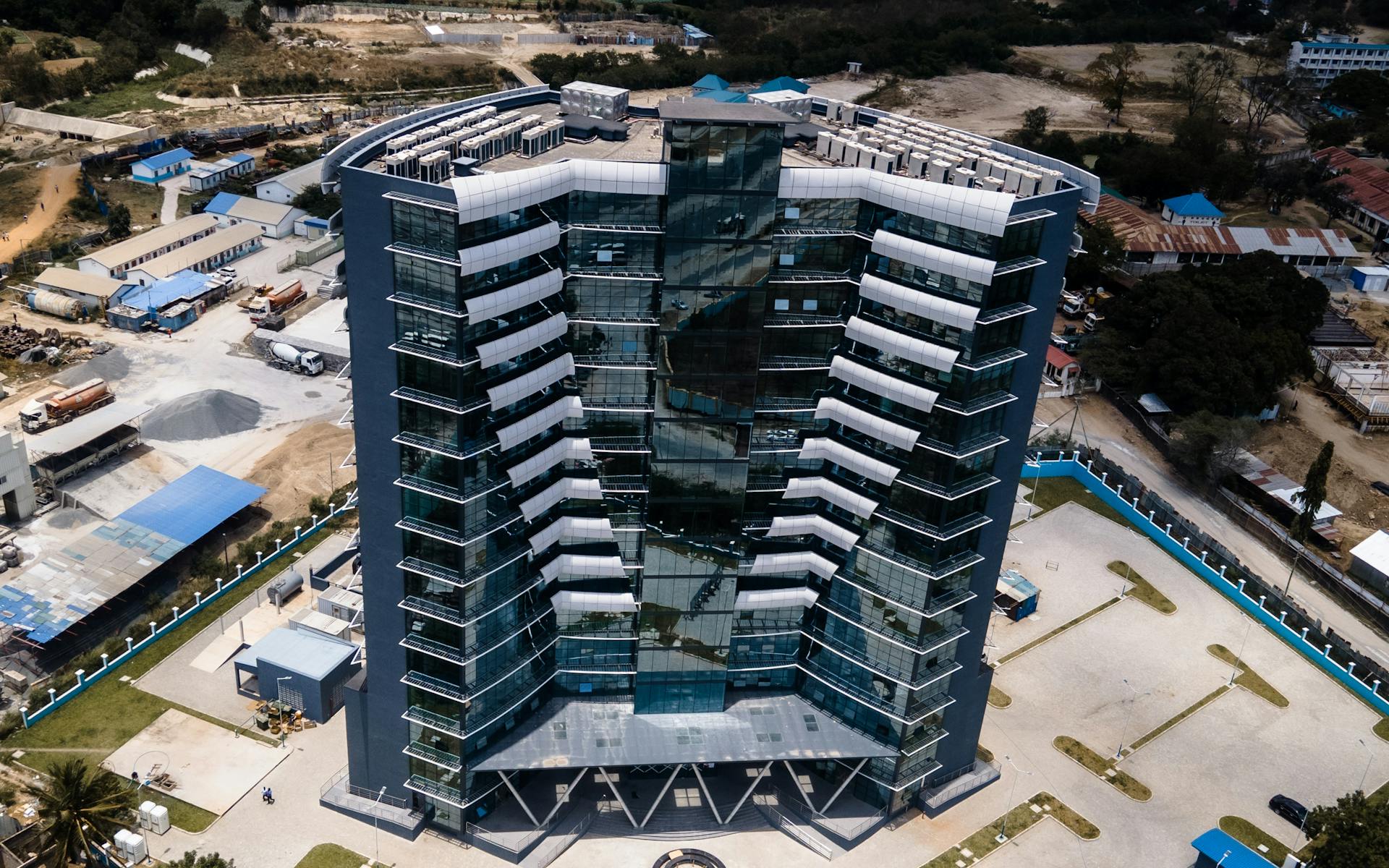

Question: What are Flex Use Properties?
Answer: Flex use properties are versatile spaces, blending office, warehouse, or retail functions. They typically feature adaptable layouts, high ceilings, and loading docks, suitable for diverse business needs and easily reconfigured.
Understanding Flex Use Properties
Flex use properties represent a unique category in real estate. These properties offer adaptability. They combine characteristics of industrial, office, and retail spaces. Knowing about these properties is important for business owners and investors.
Defining Flex Use Spaces
Flex use properties blend different functionalities. They often feature a combination of warehouse space, office areas, and sometimes even retail frontage. This mix allows businesses to adapt the space to their changing needs. They are suitable for a variety of industries.
-
Adaptability
Tenants can modify the space. This flexibility allows for changes in business operations.
-
Versatility
They accommodate many business types. This includes light manufacturing, showrooms, or office headquarters.
Click here to learn more about commercial real estate agents
Please visit this page to see commercial real estate for sale
Related Article: Are Commercial Mortgages the Same as Residential
Benefits of Investing in Flex Use Properties
Investing in flex use properties offers several advantages. These benefits attract both investors and business owners. Consider these factors when evaluating potential investments.
-
Diverse Tenant Base
Flex spaces attract a range of tenants. This reduces risk from industry-specific downturns.
-
Higher Income Potential
The adaptability of flex spaces can command higher rents. This increases potential income for investors.
-
Long-Term Appreciation
These properties often appreciate in value over time. Their versatile nature makes them desirable assets.
Zoning Regulations for Flex Use Properties
Zoning laws dictate the permissible uses of a property. Before investing, it is crucial to understand local zoning regulations. These rules influence how a flex space can be used.
-
Permitted Uses
Zoning bylaws outline which businesses can operate in a specific area. Check these bylaws to ensure compliance.
-
Restrictions
Some zoning rules impose restrictions on certain activities. Understand these restrictions before committing to a property.
-
By-Law Amendments
If necessary, explore the possibility of zoning by-law amendments. Seek professional guidance on this process.
Ideal Businesses for Flex Use Spaces
Many types of businesses thrive in flex use environments. These spaces cater to a wide range of operational needs. Consider if your business aligns with these characteristics.
-
Light Manufacturing
Companies involved in light assembly or production benefit from the warehouse space. This supports efficient operations.
-
Research and Development
Laboratories and R&D facilities need adaptable space. Flex properties can accommodate specialized equipment.
-
Warehousing and Distribution
Businesses storing and distributing goods require loading docks and open space. Flex spaces provide these necessities.
-
Showrooms
Companies displaying products can use the office and retail areas. This allows for customer interaction.
-
Trade Services
Plumbers, electricians, and contractors need storage and office space. Flex properties offer a practical solution.
Locating What are Flex Use Properties?
Finding the right flex use property involves research and due diligence. Consider these steps when searching for a suitable location. A real estate agent with commercial real estate experience can help.
Online Listings
Search commercial real estate websites. These sites often list flex properties for sale or lease.
Networking
Connect with other business owners and industry professionals. They may have leads on available properties.
Local Real Estate Agents
Work with a real estate agent who specialises in commercial properties. They can provide valuable insights and assistance.
Negotiating a Flex Use Lease
Negotiating a flex use lease requires careful consideration. Understanding lease terms is crucial for a successful agreement. Seek legal advice to protect your interests.
-
Lease Rate
Negotiate a competitive lease rate based on market conditions. Compare rates for similar properties in the area.
-
Lease Term
Determine an appropriate lease term that aligns with your business plans. Consider the possibility of renewal options.
-
Improvements and Alterations
Clarify who is responsible for property improvements and alterations. Specify these details in the lease agreement.
-
Operating Expenses
Understand how operating expenses are calculated and allocated. This includes property taxes, insurance, and maintenance.
Conclusion
Flex use properties present versatile solutions for diverse business needs. Their adaptability makes them attractive to both tenants and investors. By understanding their features, benefits, and zoning regulations, you can make informed decisions. Evaluating whether what are flex use properties align with your business goals is essential for maximising their potential.


